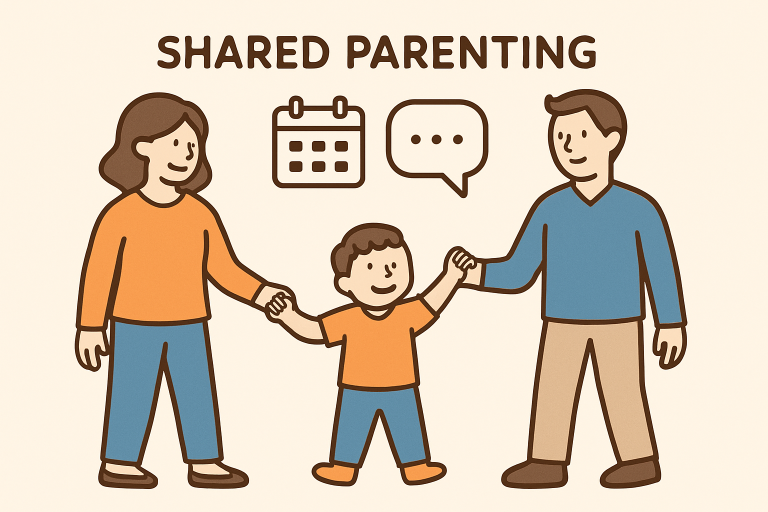Common Misconceptions About OCD
One of the most significant barriers to helping people with OCD is the sheer volume of misinformation that surrounds the disorder. Many in the general population reduce OCD to simple habits like keeping a desk spotless, organizing closets by color, or double-checking locks. While some of these behaviors might overlap with common compulsions, obsessive-compulsive disorder runs much deeper. Individuals with OCD experience persistent, unwanted thoughts—sometimes about harm, danger, or even taboo subjects—that trigger intense anxiety. These obsessions are often met with ritualized behaviors, or compulsions, intended to relieve distress, but which rarely bring lasting comfort.
In reality, people experiencing these symptoms rarely talk openly about their internal struggle, especially when the world seems to trivialize their pain. This misunderstanding can impact the willingness of someone to seek OCD treatment, as they may fear being dismissed or judged. Approximately 1 in 100 adults in the U.S. will meet criteria for OCD at some point in their lives. The research consistently shows that OCD can interfere with school, work, and relationships, often becoming a daily obstacle for those affected. Yet, misconceptions make it easy to downplay symptoms, leading individuals to believe their need for help isn’t legitimate.
Where Do Stigmas Come From?
Stigma surrounding OCD often begins with portrayals in film, television, and casual conversation. For decades, the media has leaned into exaggerated depictions—a character washing their hands until they bleed, or joking about someone being “so OCD” because they like their pencils lined up. While compulsive cleaning and tidiness are aspects of the disorder for some, these stereotypes are a narrow snapshot that misses the mark for most individuals. The reality is that the majority of people with OCD struggle with intrusive thoughts on a range of topics and may engage in mental rituals invisible to those around them.
Popular media is not the only culprit. Even in schools and healthcare, staff may unintentionally reinforce stereotypes by failing to recognize diverse symptoms or oversimplifying explanations. As a result, people with OCD can internalize negative beliefs about their struggles, making it even more challenging to seek help.
How Stigma Affects Lives
Stigma surrounding OCD can have significant adverse effects on individuals’ lives. It may lead to delays in obtaining accurate diagnoses, an increased risk of co-occurring mental health conditions, and greater challenges in daily living. Children and teenagers are particularly vulnerable, as they often find it difficult to articulate their thoughts and fears, which can lead to bullying or isolation. Adults may choose to keep their OCD a secret due to fear of judgment from colleagues or superiors, which can negatively impact their job performance and career advancement. Additionally, stigma can strain relationships at home, as loved ones may not fully understand the compulsions and distress driving the individual’s behavior.
- Delayed Diagnosis: Many put off seeking help, believing their suffering is not valid or that it would be embarrassing to ask for assistance.
- Barriers to Treatment: Fear of being misunderstood can keep individuals from reaching out, prolonging distress, and contributing to a cycle of isolation.
- Increased Isolation: Those affected may withdraw to hide their symptoms, feeling unsupported or ashamed, which in turn exacerbates their condition.
The journey can be especially lonely without the support of peers or professionals who truly understand OCD, making efforts to fight stigma and increase awareness even more vital.
Steps Toward Better Understanding
Challenging deeply rooted beliefs about OCD is no small feat, but meaningful progress can be made through intentional, everyday actions. Information is a powerful starting point—reading reliable, science-backed accounts of the disorder helps counter superficial or sensationalized versions seen in mainstream culture. When people take time to learn what OCD is, it moves the conversation away from ridicule and toward respect.
- Learn from Reliable Sources: Mental health advocacy groups, therapists, and resources such as the National Institute of Mental Health and vetted psychology publications supply accurate, up-to-date information about the nature of OCD.
- Engage in Open Dialogue: Discussing mental health openly with friends, family, and community spaces can create an environment where those struggling feel safe and supported in their experience.
- Focus on Compassion: One empathetic conversation may distinguish between someone feeling invisible or feeling seen. Being present and nonjudgmental are impactful but straightforward steps.
- Model Acceptance and Inclusion: Encouraging workplaces and schools to be accommodating, offer flexibility and resources, and address misconceptions removes barriers faced by those with OCD.











